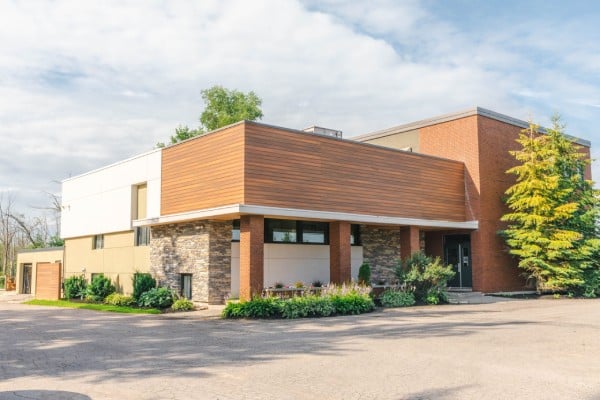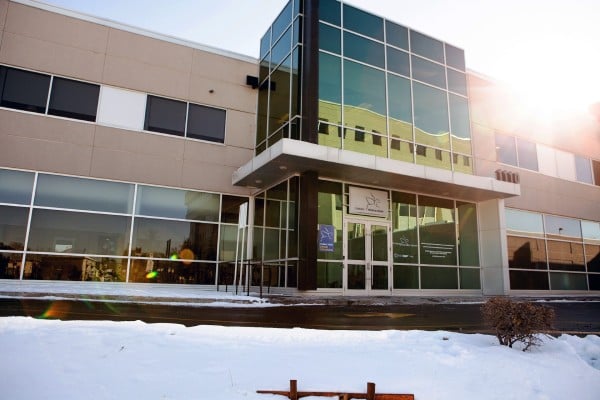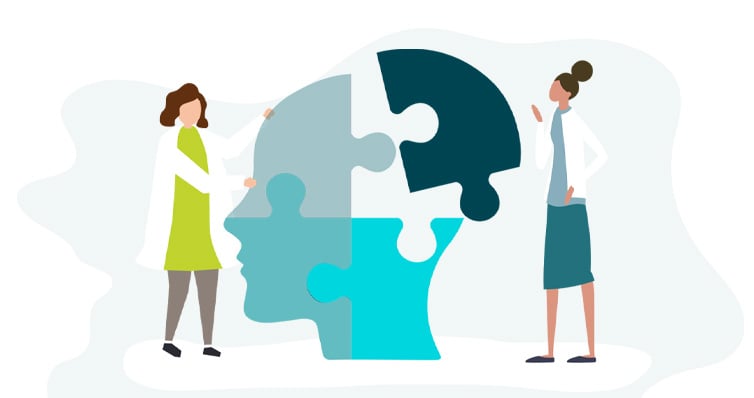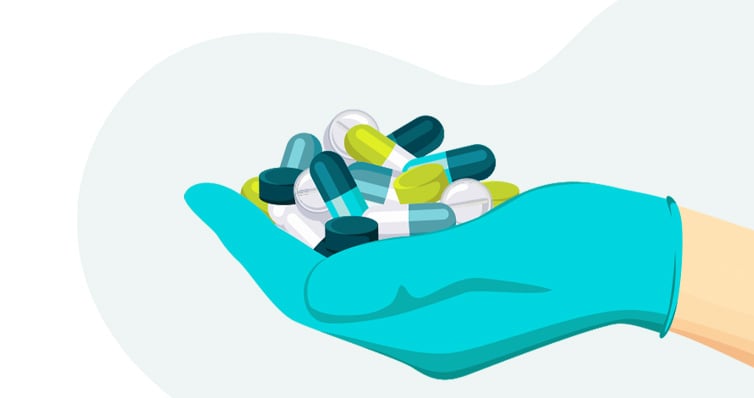Alcohol Addiction Treatment
Alcohol is the most used and abused substance in Canada. According to Statistics Canada, nearly one in five Canadians drinks excessively. EHN Canada runs the country’s best alcohol addiction treatment and rehab centres from coast to coast.

What Are the Negative Effects of Drinking Too Much Alcohol?
Excessive, persistent drinking can lead to alcohol addiction and dependency, whose long-term effects can include:
- Organ damage and physiological problems: Alcohol abuse can damage most organs in the body, including the heart, liver, and pancreas. Alcohol interferes with sleep and can cause gastrointestinal problems, issues with blood clotting, and poor bone health.
- Changes in brain function: Because excessive drinking can interfere with your brain’s ability to release dopamine, alcohol can cause or worsen mental health problems like depression. Heavy drinking can also debilitate memory, learning, coordination, and problem-solving skills.
- Impaired breathing: Because alcohol depresses the central nervous system, drinking in excess can slow down a person’s breathing to dangerous levels.
- Alcohol poisoning: Heavy drinking can lead to alcohol poisoning, which is a potentially life-threatening condition. Signs of alcohol overdose include vomiting, loss of consciousness, slowed breathing, and slowed heart rate.
- Accidents and risky behaviour: Because it impairs motor skills, alcohol consumption is a leading cause of vehicle accidents. Alcohol also reduces inhibitions, making a person more likely to engage in risky behaviours that can put them in harm’s way.

Why Is Alcohol Withdrawal Potentially Dangerous?
If you have been drinking heavily for a long time, your body and brain have learned to work harder to keep your nerves communicating with one another to keep you awake. When you stop drinking suddenly, your brain stays in this hyper “awake” state. This is what causes alcohol withdrawal symptoms.
Mild withdrawal symptoms usually start about six hours after you stop drinking and can include anxiety, shaky hands, headache, nausea and vomiting, sweating, and insomnia. More serious withdrawal symptoms include seizures and hallucinations and could potentially be lethal or have lasting consequences.
People who drink heavily should not attempt to quit alcohol on their own. If you or someone you love wants to stop using alcohol, discuss it with a medical professional. If you plan to get treatment for alcohol addiction, seek out an addiction treatment provider that can provide 24/7 medical supervision, and medication if necessary, during the detox process.

Our Approach to Alcohol Addiction Treatment & Detox
Alcohol is easy to obtain and part of daily life for many people, making alcohol addiction particularly challenging to overcome. At EHN Canada, we don’t just help you achieve sobriety. Our alcohol rehab programs treat alcohol use disorder, addiction, and underlying mental health conditions to help you achieve lifelong recovery.
Our evidence-based approach includes detox, medication management, individual and group counselling with cognitive behavioural therapy (CBT) and dialectic behavioural therapy (DBT), educational lectures, mindfulness, and exercise to help you address your physical, mental, and social wellbeing.
You’ll work with a team of medical experts who specialize in alcohol use and addiction – including doctors, nurses, and psychiatrists – to build the foundation for recovery. You’ll also be assigned a counsellor who will help you explore past trauma to uncover the root of your addiction.
While most people benefit from a seven-week program, we can customise treatment to your needs.

How To Succeed in an Alcoholism Treatment Program
We provide you with the support you need to stay sober long after you leave your program.
Your success begins with your time in treatment. We continually assess your progress and adjust our approach to fit your needs. Our alcohol treatment programs are both comprehensive and immersive. While in rehab, you’ll learn important skills through evidence-based therapies, and heal with fellow patients in a supportive community.
No treatment is complete without a home support system for relapse prevention. Your loved ones can participate in our Family Program to learn how to help you sustain your progress.
Aftercare is critical to a successful transition back to your home or community. Our alcohol addiction treatment program comes with one year of aftercare and includes access to group therapy sessions in person at any EHN location, or online. During aftercare, patients will also have the opportunity to access drug and alcohol monitoring for continued accountability.
If you’re not ready to return home, our Extended Care Program at EHN Edgewood Nanaimo helps you practice the skills you’ve learned in a safe environment. We’re here for you as you navigate your first years of sobriety.
You’ll also gain access to a thriving recovery community of EHN alumni to help you feel connected long after you’ve left treatment.
Related Programs
We offer inpatient, outpatient, and online programs to propel your recovery.
Featured Locations
Whether you want to seek treatment for alcohol addiction near home or farther afield, you have plenty of options. EHN Canada has locations all over the country.

EHN Bellwood Toronto
Toronto’s Leading Addiction and Mental Health Inpatient Treatment for addiction, trauma, OCD, eating disorders and other mental health concerns

EHN Edgewood Nanaimo
BC’s Leading Evidence-Based, Accredited Rehab for Addiction Recovery and Mental Health Treatment

EHN Guardians Gateway
Trauma and Addiction Treatment in Peterborough for Military, Veterans, and First Responders. At EHN Guardians Gateway in Peterborough, Ontario (approximately 1.5 hours outside of Toronto), we’re proud to offer our clients evidence-based treatment and rehab for trauma, alcohol addiction and drug addiction. EHN Guardians Gateway runs a rehab program that is specific to the Guardians […]

EHN Bellwood Nova Scotia
Addiction Rehab in the Annapolis Valley, Nova Scotia - Holistic treatment in a warm, welcoming environment

EHN Nouveau Départ Montréal
EHN Nouveau Départ Montréal offers inpatient addiction treatment in French.


